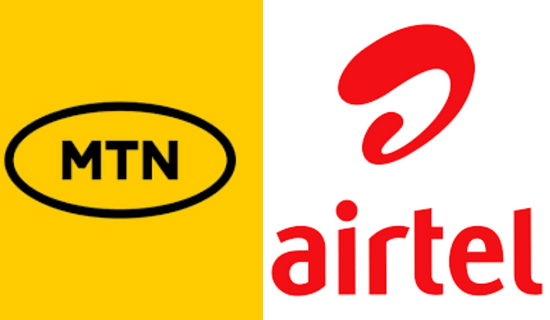The Nigeria Labour Congress (NLC) has condemned the recent hike in the price of petrol, calling for its immediate reversal.
According to the NLC, the government’s repeated focus on fuel price increments is putting an overwhelming burden on Nigerians, worsening poverty levels, and threatening job security.
Join our WhatsApp ChannelNLC Condemns NNPCL’s Role in Price Hike
In a statement on Wednesday, NLC President Joe Ajaero criticized the Nigerian National Petroleum Corporation Limited (NNPCL) for leading the charge in the latest price hike. He questioned why a private company, NNPCL, is taking a central role in fixing prices and called it a “hegemonic monopoly.”
“Even following the logic of market forces, we find it an aberration that a private company like NNPCL is the one fixing prices and projecting itself as a hegemonic monopoly. This is not in the interest of Nigerians,” Ajaero said.
He further challenged the government to present a clear plan for the country’s economic future. “We challenge the government to go to the drawing board and present us with a blueprint for inclusive economic growth and national development, rather than these random, short-term policies,” he added.
Impact on Nigerians
Ajaero noted that Nigerians were already struggling to adjust to previous fuel price increases, and the new hike would only deepen their hardships. “The latest wave of increase has grossly altered the calculations of Nigerians once again at a time they were reluctantly coming to terms with their new realities,” he said.
According to the NLC, the hike will further reduce the country’s production capacity, leading to more job losses. “It will further deepen poverty as production capacities dip and more jobs are lost with multidimensional negative effects,” Ajaero warned.
READ ALSO: Air Peace Distances Self From NLC President, Ajaero’s Arrest
Calls for Immediate Reversal
The NLC made a strong demand for the immediate reversal of the petrol price increase. “We urge the government to immediately reverse this rate hike as previous increases did not produce any good results. People only got poorer,” Ajaero insisted.
In addition, he called on the government to be transparent about its long-term economic plans. “More fundamentally, the government should be bold enough to tell Nigerians in advance the destination it wants to take the country,” Ajaero said.
NNPCL Raises Prices in Abuja
The hike in petrol prices has already started to take effect. Some NNPC filling stations in Abuja raised the retail price of petrol from N897 per litre to N1,030. This has caused an uproar among citizens, with many expressing concerns over the skyrocketing costs.
Speaking to local media, a resident in Abuja lamented, “I don’t know how people will survive this. Prices keep going up, and our salaries remain the same. It’s getting unbearable.”
The NLC maintains that the continuous increase in fuel prices, without a corresponding rise in wages or a clear economic strategy, is unsustainable. They have promised to continue advocating for the welfare of Nigerian workers and the general public.
Emmanuel Ochayi is a journalist. He is a graduate of the University of Lagos, School of first choice and the nations pride. Emmanuel is keen on exploring writing angles in different areas, including Business, climate change, politics, Education, and others.


















Follow Us